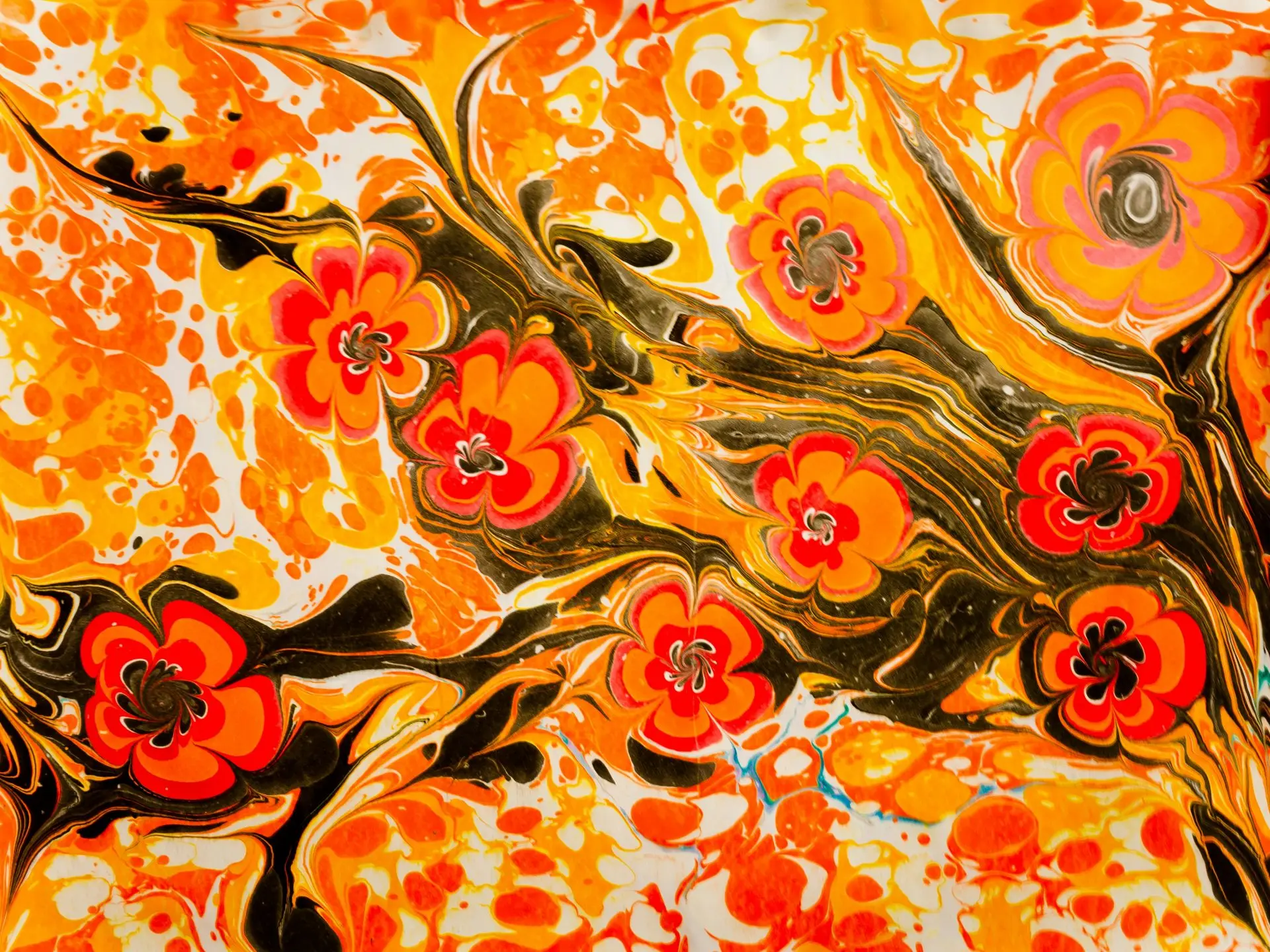Tono Monogatari: Legends of the Tono Region

Before diving in, please note: This post is for informational purposes only. If you’d like to know more about how we approach topics, feel free to check out our friendly Disclaimer Page.
Hey there, amazing readers! 
We’re committed to delivering quality posts, and your support (even just sticking around despite the ads) means everything to us. So, bear with us, and thanks for helping us keep the good vibes rolling. Now, on to the fun stuff!
TRANSLATE BUTTON AT THE END OF THE ARTICLE
A Quick Overview
Tono Monogatari, also known as Legends of the Tono Region, is a collection of folklore and legends from the Tono region in Japan.
These tales have been passed down through generations and are an integral part of the region’s cultural heritage.
Tono Monogatari was first compiled and published in 1910 by Kunio Yanagita, a renowned folklorist.
The collection contains a wide range of stories, including supernatural creatures, everyday life anecdotes, and moral lessons.
Tono Monogatari offers a glimpse into the rich folklore tradition and beliefs of the Tono region, captivating readers with its unique tales.
Origins and History of Tono Monogatari
Tono Monogatari originated from the efforts of Kunio Yanagita, who dedicated himself to preserving and documenting Japan’s folklore tradition.
Yanagita traveled extensively throughout the Tono region, collecting stories directly from the locals.
He believed that these stories reflected the essence of Japanese culture and could provide valuable insights into the country’s history.
In 1910, Yanagita published the first edition of Tono Monogatari, which was met with great acclaim and became a seminal work in the field of Japanese folklore studies.
Cultural Significance of Tono Monogatari
Tono Monogatari holds immense cultural significance for the Tono region and the wider Japanese society.
The tales in this collection serve as a window into the beliefs, traditions, and values of the people of Tono.
They offer valuable insights into the historical and social context of the region, shedding light on the way of life of its inhabitants throughout the ages.
Tono Monogatari has become an integral part of the region’s identity, with festivals, performances, and other cultural events celebrating the tales and characters from the collection.
Themes and Symbolism in Tono Monogatari
Tono Monogatari explores various themes and employs symbolism to convey deeper meanings.
One prevalent theme is the connection between humans and nature.
Many stories depict the interaction between humans and supernatural creatures or spirits inhabiting the natural world.
These tales often emphasize the importance of harmony and respect for nature, conveying a message of environmental stewardship.
Another recurring theme is the exploration of human emotions and relationships, delving into topics such as love, betrayal, and loyalty.
Symbolism is intricately woven into the narratives, with elements like animals, weather, and natural phenomena representing abstract concepts or moral lessons.
Characters and Their Role in Tono Monogatari
Tono Monogatari features a diverse cast of characters, each playing a unique role in the stories.
These characters range from supernatural beings, such as spirits and demons, to ordinary villagers facing everyday challenges.
Some notable characters include the “Kappa,” a mischievous water creature, and the “Zashiki-warashi,” a child-like ghost who brings good fortune to households.
The characters in Tono Monogatari often embody specific traits or represent certain archetypes found in Japanese folklore.
They serve as vessels for conveying cultural values and moral lessons to readers.
Influence of Tono Monogatari on Japanese Literature
Tono Monogatari has had a profound influence on Japanese literature, inspiring countless authors and artists.
The collection’s unique storytelling style, rich imagery, and exploration of human emotions have left an indelible mark on the literary landscape.
Many renowned Japanese authors, including Ryunosuke Akutagawa and Yukio Mishima, have drawn inspiration from Tono Monogatari in their own works.
The collection’s influence can be seen in various genres, such as magical realism and contemporary fantasy, where elements of folklore and supernatural are seamlessly integrated into modern narratives.
Preservation Efforts for Tono Monogatari
To ensure the preservation of Tono Monogatari, concerted efforts have been made by scholars, cultural organizations, and local communities.
The tales have been extensively studied and analyzed by folklorists and researchers, contributing to a deeper understanding of the collection’s historical and cultural significance.
Cultural festivals and events in the Tono region often showcase performances and adaptations of the stories, keeping the tradition alive.
Furthermore, initiatives have been undertaken to digitize and make the collection more accessible, allowing a wider audience to appreciate the tales and learn about the Tono region’s folklore.
Tono Monogatari’s Impact on Tourism in the Tono Region
Tono Monogatari has had a significant impact on tourism in the Tono region.
Visitors are drawn to the area to experience firsthand the landscapes and traditions depicted in the tales.
The region has capitalized on this interest, offering guided tours and cultural experiences that immerse visitors in the world of Tono Monogatari.
Tourists can explore sites mentioned in the stories, such as sacred forests or haunted houses, and participate in events that celebrate the folklore.
The popularity of Tono Monogatari has helped boost the local economy, promoting sustainable tourism and preserving the region’s cultural heritage.
Folklore and Supernatural Elements in Tono Monogatari
Folklore and supernatural elements are central to the narratives found in Tono Monogatari.
The collection is replete with mythical creatures, spirits, and otherworldly phenomena.
The inclusion of these elements reflects the deep-rooted belief in the supernatural that has been woven into Japanese culture for centuries.
The supernatural creatures in Tono Monogatari often serve as metaphors or symbols to explore human emotions and societal issues.
They add a layer of mystique and wonder to the tales, captivating readers and immersing them in a world where the boundaries between reality and the supernatural blur.
Tono Monogatari and the Oral Tradition of Storytelling
Tono Monogatari is deeply rooted in the oral tradition of storytelling.
Many of the tales were originally transmitted orally from one generation to the next before being compiled and published by Yanagita.
The oral storytelling tradition imbues the stories with a distinct rhythm, language, and performance style.
The tales were often recited during gatherings or festivals, captivating audiences with their vivid imagery and captivating narratives.
Tono Monogatari’s connection to the oral tradition highlights the significance of storytelling as a means of cultural preservation and community bonding.
Comparisons between Tono Monogatari and Other Folktales
Tono Monogatari shares similarities with other folktales from around the world, showcasing universal themes and motifs.
The collection’s exploration of supernatural creatures and nature’s connection to human existence is reminiscent of European folklore, such as the Brothers Grimm’s fairy tales.
However, Tono Monogatari has a distinct Japanese flavor, reflecting the country’s unique cultural and historical context.
The collection’s emphasis on moral lessons and its use of symbolism align it with other traditional Japanese tales, such as the stories found in the “Konjaku Monogatari” or “Tales of Ise.”
Contemporary Adaptations of Tono Monogatari
Tono Monogatari continues to inspire contemporary adaptations in various artistic mediums.
The tales have been reimagined in literature, theater, film, and animation, bringing the stories to new audiences and breathing fresh life into the collection.
Contemporary adaptations often reinterpret the themes and characters of Tono Monogatari, exploring their relevance in modern society.
These adaptations serve as a testament to the enduring power and resonance of the tales, ensuring that the legacy of Tono Monogatari continues to thrive in the modern world.
Conclusion
Tono Monogatari: Legends of the Tono Region stands as a testament to the rich folklore tradition of the Tono region in Japan.
The collection, compiled by Kunio Yanagita, offers a fascinating insight into the beliefs, traditions, and values of the region’s inhabitants.
With its exploration of supernatural creatures, themes of human emotion, and emphasis on moral lessons, Tono Monogatari has had a profound influence on Japanese literature and continues to captivate audiences today.
Efforts to preserve and promote the collection have helped boost tourism in the Tono region, ensuring the tales and their cultural significance are passed on to future generations.
As contemporary adaptations continue to breathe new life into Tono Monogatari, the collection’s legacy remains strong, showcasing the enduring power of folklore and storytelling in Japanese culture.

The Enlightenment Journey is a remarkable collection of writings authored by a distinguished group of experts in the fields of spirituality, new age, and esoteric knowledge.
This anthology features a diverse assembly of well-experienced authors who bring their profound insights and credible perspectives to the forefront.
Each contributor possesses a wealth of knowledge and wisdom, making them authorities in their respective domains.
Together, they offer readers a transformative journey into the realms of spiritual growth, self-discovery, and esoteric enlightenment.
The Enlightenment Journey is a testament to the collective expertise of these luminaries, providing readers with a rich tapestry of ideas and information to illuminate their spiritual path.
Our Diverse Expertise
While our primary focus is on spirituality and esotericism, we are equally passionate about exploring a wide range of other topics and niches 

To ensure we provide the most accurate and valuable insights, we collaborate with trusted experts in their respective domains 
Our blog originally focused on spirituality and metaphysics, but we’ve since expanded to cover a wide range of niches. Don’t worry—we continue to publish a lot of articles on spirituality! Frequently visit our blog to explore our diverse content and stay tuned for more insightful reads.



































































